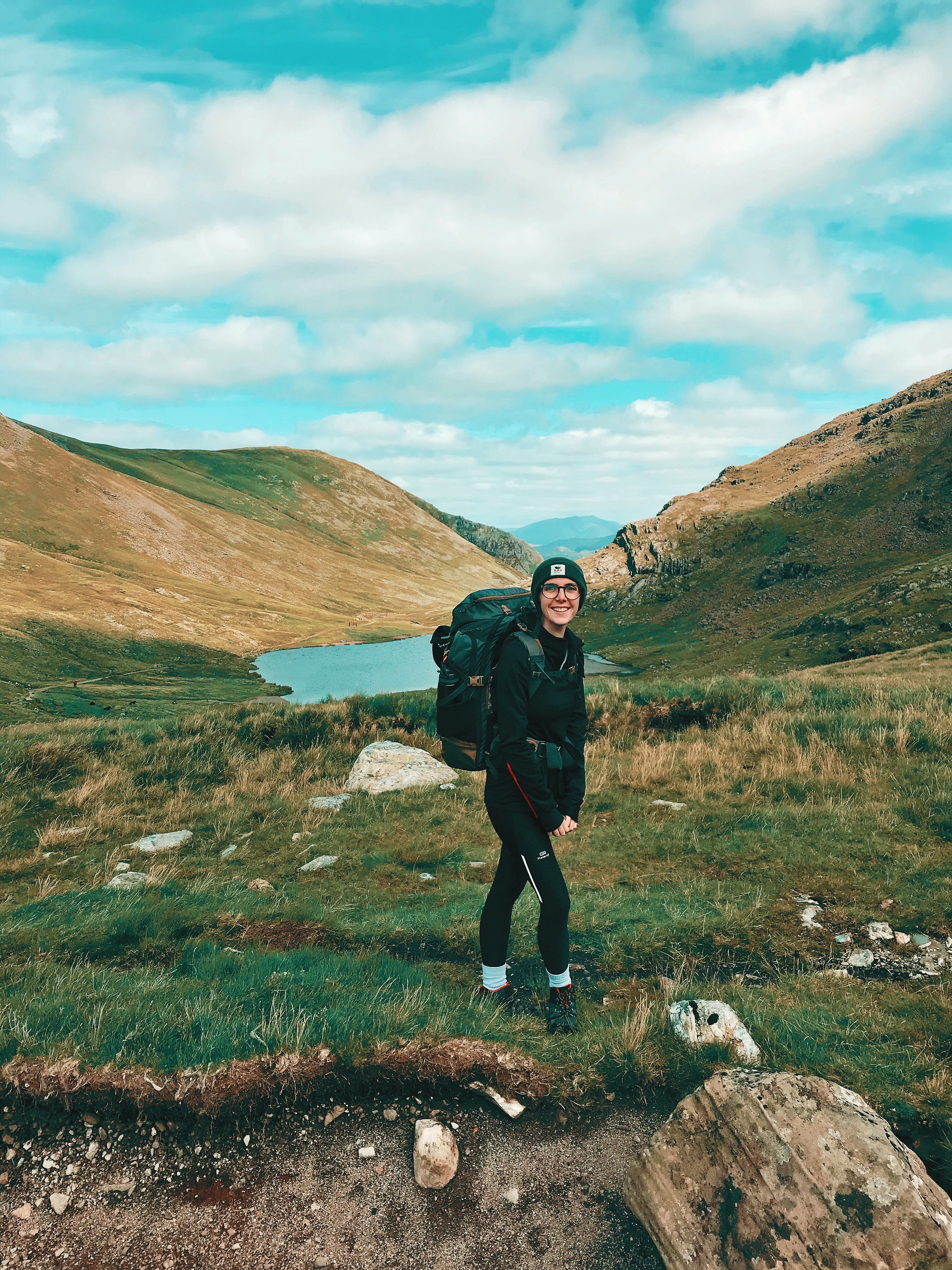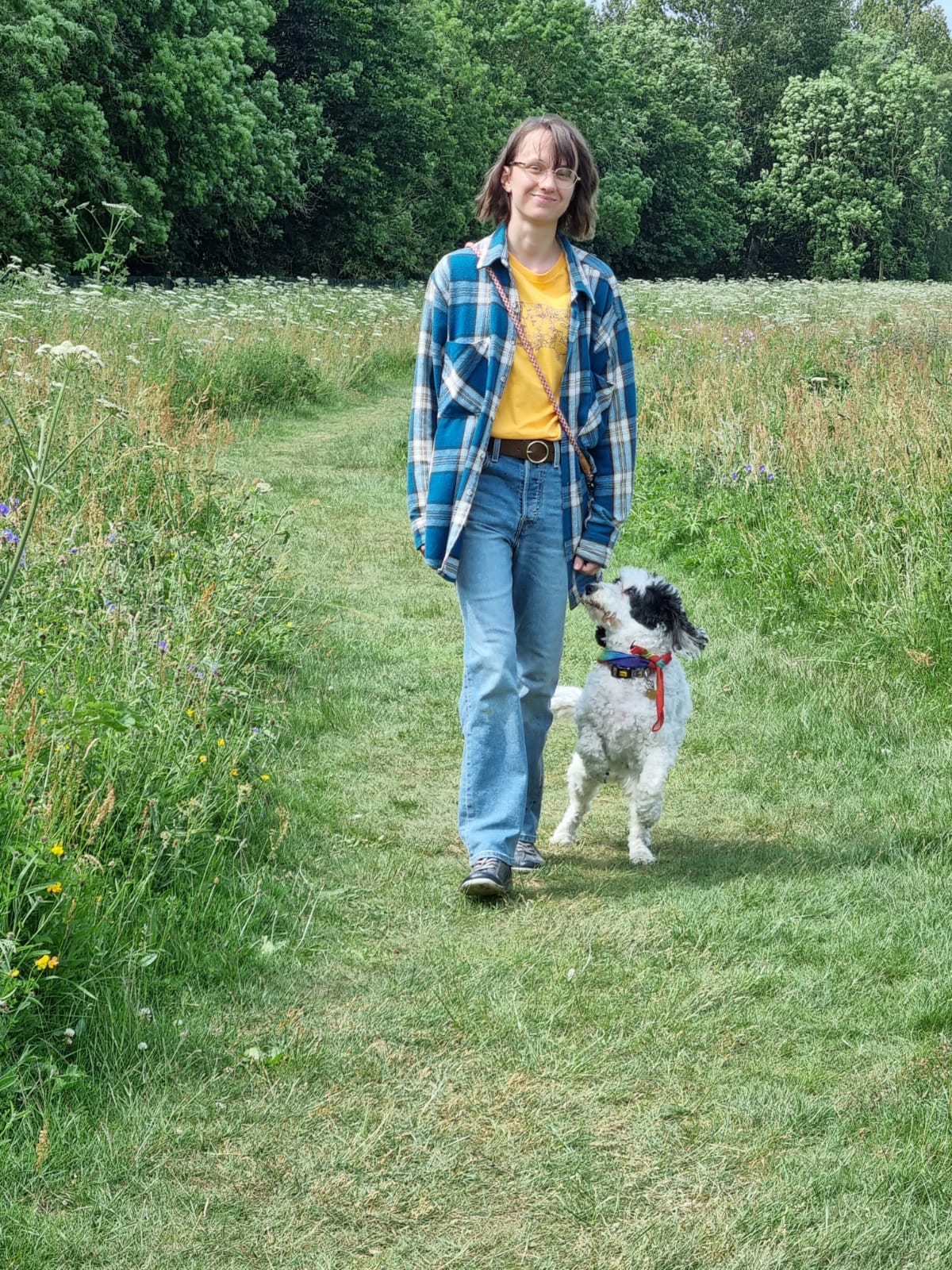 |
Charlie Jobling Research Assistant I have recently graduated from Teesside University with a degree in Biological Sciences BSc (Hons). Following this I was successful in joining the Student Summer Placement Scheme which allowed me to further explore the topic of plastic and plastic additive pollution within different ecosystems. After finishing the placement, my application for the Autumn Internship was selected, enabling me to further study the effects of plastic additives this October. I aspire to become a researcher and conservationist, focusing on plastic pollution, and marine and ocean conservation to enable me to pursue a career as a researcher and scientific writer within this field. |
 |
Laura Waistell Research Assistant While studying for my degree in Environmental science BSc (Hons) with Teesside university I took the first steps in my career as a researcher through the ‘Students As Researchers’ scheme in both my first and second years. Following this I was successful in gaining a summer placement researching global change factors impacting pollen production in the form of a literature review. Now, having completed my studies, I have moved on to a Graduate internship role in which I am continuing such pollen research with hydroponic systems. Within this employment I will also be continuing my dissertation research into the reintroduction of Eurasian beaver (Castor fiber) into England as a keystone species. My goal is to continue my career in research, focusing on ecology, global change impacts and the ecosystem services natural systems can provide. |
|
Katy Ivison Dr Baldini co-supervises PhD student Katy Ivison’s Arctic Norway project which is an interdisciplinary collaboration between Durham University, Teesside University, and the NTNU University Museum, Norwegian University of Science and Technology. Katy’s project aims to investigate how natural enemies and climate change in Arctic Norway might interact to increase the risk of non-native plant species invasion over the next several decades. The research methodologies include climate and species distribution modelling, field observations of herbivory compared to historical herbarium records, and common garden experiments to assess the climate thresholds for invasion. Katy is in her second year of research and will begin her fieldwork in Tromso and Trondheim, Norway, in January 2021. |
|
|
Raquel Chun Dr Baldini is the main supervisor to PhD student Raquel Chun’s Maya farming project which is an interdisciplinary collaboration between Durham University, Teesside University, the University of New Mexico and University of South Florida (USA) and Ya’axche Conservation Trust (a Belizean NGO). The project aims to document the impact of climate extremes and uncertainty on small-share Maya farmers practicing rain-fed agriculture in S Belize. The outcome of this research will be used to inform policy-makers working in food and water security, land-use, and disaster mitigation and will be shared with stakeholders (such as NGOs) to enhance resilience of subsistence farming communities across Central America to climate change impacts. Raquel is currently in Belize preparing for her second field season. |
